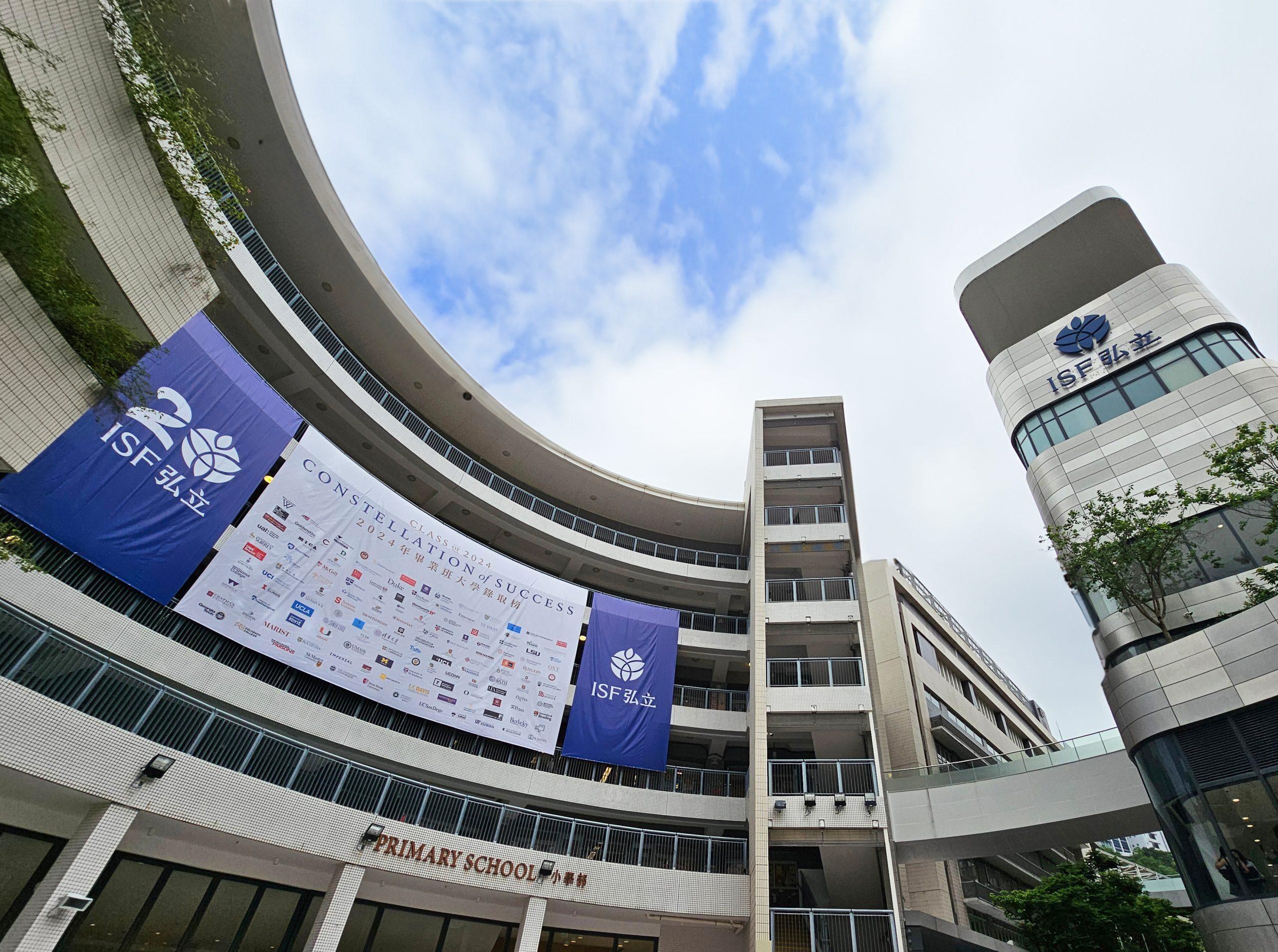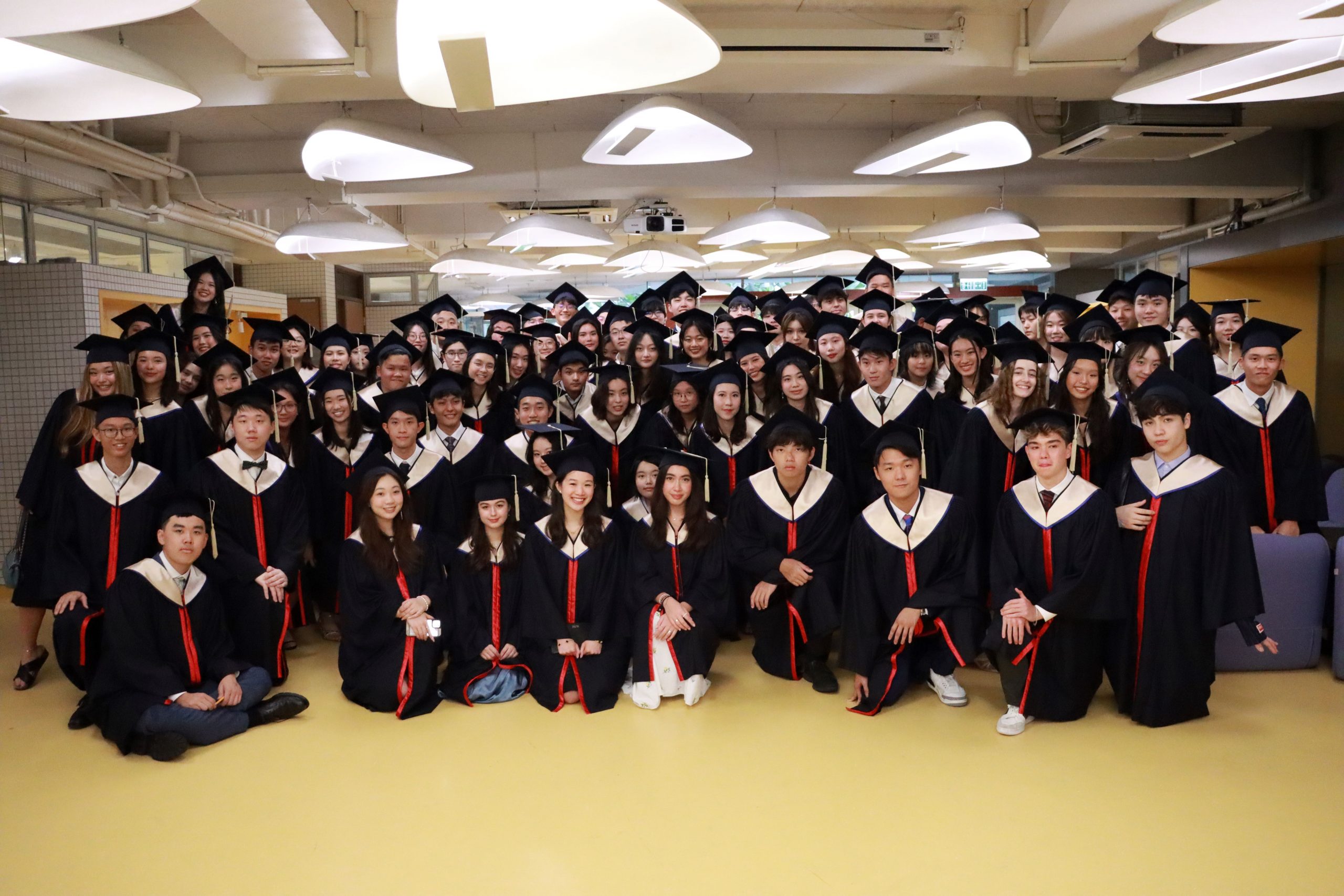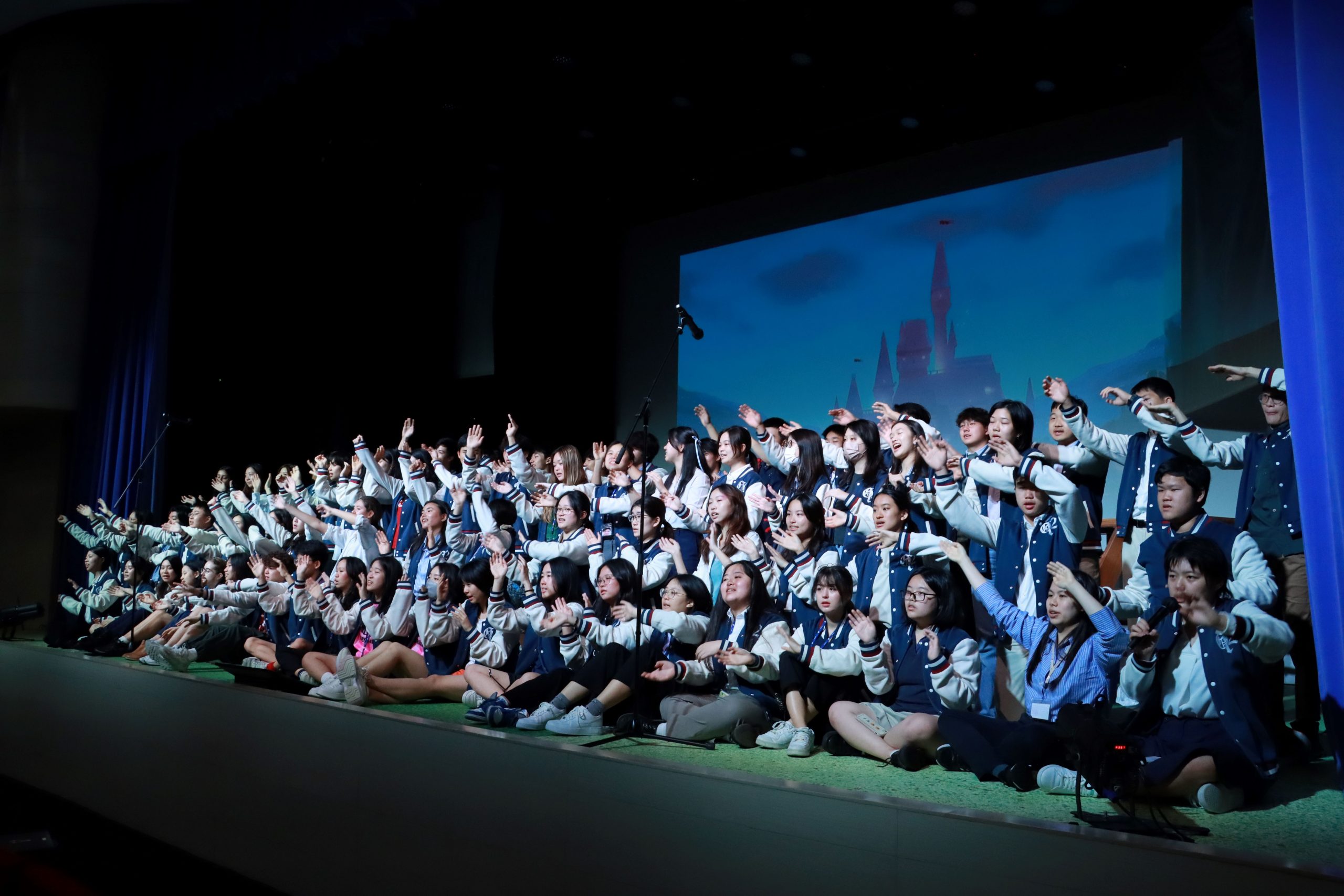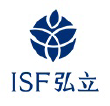Finding the Virtuous Teacher
Jun 7, 2024
Today is graduation day for the Class of 2024. In my message to the graduating class, I posed the following question: after graduation, who is your teacher? To some, this may seem like a pointless or redundant question. Some might assert that after graduation, a teacher is no longer necessary. For those about to enter tertiary education, of course, the question is somewhat moot: university lectures are taught by lecturers. From the perspective of lifelong learning, however, with our graduates poised on the threshold of entering the adult world, with its complexities, ambiguities, uncertainties, and apparent endless freedom to choose (or not), it is indeed a fair question to ask.
Members of our graduating class are just completing a 15-year journey through kindergarten, primary school and secondary school, during which others have chosen their teachers for them: parents, guardians, principals and school leaders, mentors and coaches. Our primary caregivers serve as our first teacher as we master skills for survival and communication. During our formal educational journey, our second teachers are chosen for us by parents and schools. The third teacher, our lived environment, is perhaps less obvious but just as powerful in its formative influence; it is also one chosen by others. Now at the point of graduation, these young adults have never really been asked to actively choose their teacher. Some course options have been elective of course, but the responsibility for teacher selection has rested with others.
Invoking the Confucian ideal, anyone, anywhere, and at any time could potentially serve as my teacher (三人行必有我師). This is the spirit of lifelong learning at its purest. If we accept the premise that we must continue to learn, a teacher is at hand. However, the next part of this passage from The Analects is the crucial part of my message to the Class of 2024 (…擇其善者而從之,其不善者而改之). The learner must make a choice about what to learn and from whom to learn. This choice is to be informed by the notion of goodness or virtue (善). It is also the point at which things become more complicated. One such complication is that our teacher may not be a ‘who’ but a ‘what’: the spirit of the third teacher may infuse and inspire through the surroundings in which we live.
How do we define what is good or virtuous for our graduates? As children, these choices were again made by adults, informed by culture and context. As adults, the choice now rests with the individual to distinguish between virtue and vice and act accordingly. The literature on virtue is oceanic in its volume. It has been contested down the ages, founded empires and faiths, evolved with fads and fashions, been subverted by religious zealotry or political ambition, suffered reinterpretation and debate by academics, historians, and philosophers, or rendered obsolete by those who find virtue an impediment to victory at all costs.
An essential part of the final qualifying ‘examination’ for admittance to the ranks of adulthood is the mastery, at some level, of the notion of virtue. At its most basic, it might be characterized by nothing more startling than compliance with the laws of the land and making an independent living. At the other extreme, we might seek virtue (止於至善) through leading a family (齊家), a country (治國), or world peace (平天下). It does come down to a choice, based on nurture, culture, education and experience, as to what constitutes virtue for each one of us.
One of the most common terms associated with virtue is the idea of excellence. There are many synonyms associated with this term: outstanding, greatness, preeminence, supremacy, distinction, even perfection. These terms are often comparative, not absolute: we seek to excel in something by going beyond existing or accepted standards, by exceeding, surpassing, or overtaking a benchmark. By seeking to go above and beyond, we demonstrate a form of virtue. By seeking to be the best version of ourselves, we manifest virtue.
Our graduates are entering a world awash with rubrics for success, key performance indicators, and standards for excellence, often promoted by influencers and celebrities, some virtuous, others infamous and notorious. Choosing genuine exemplars of such virtue who most closely align with our world view, in the form of our adult teachers, is both at the heart of the challenge and ultimately the key to success. Sensitivity to the metaphorical ‘three’ (三人) around us and what might be learned from each, while maintaining clarity on what our excellent world should and ought to be, is the first step. Making a virtuous choice is the next one. Choose wisely.
Dr. Malcolm Pritchard
Head of School



